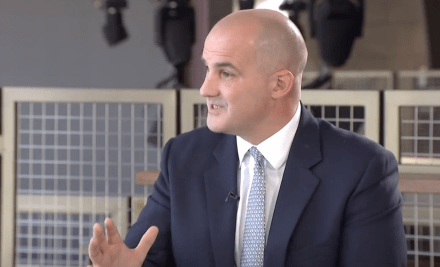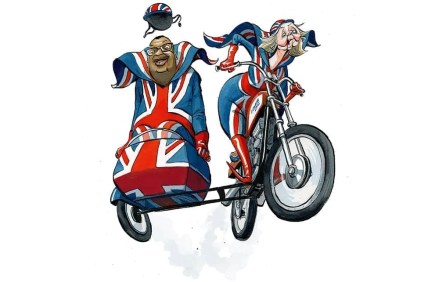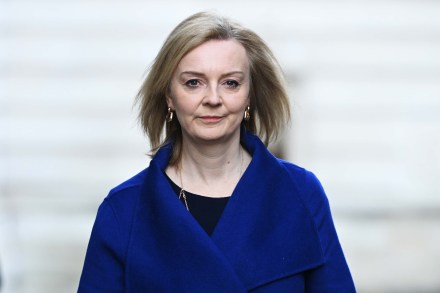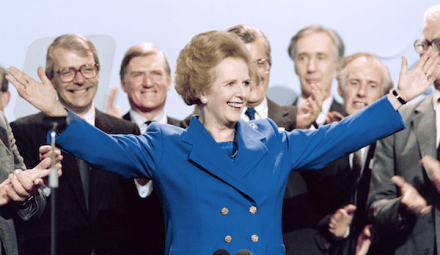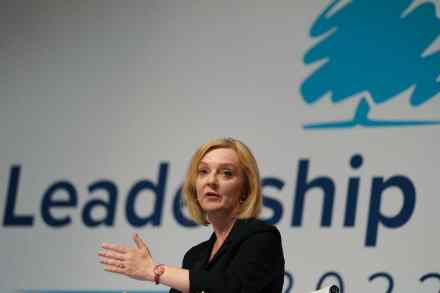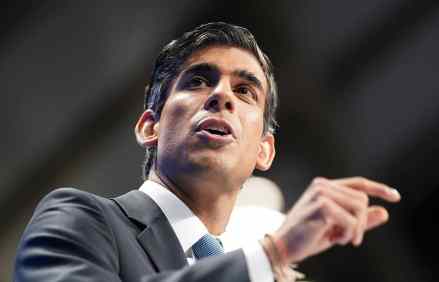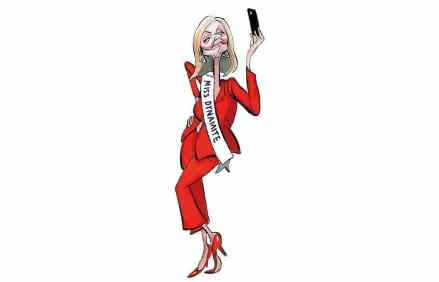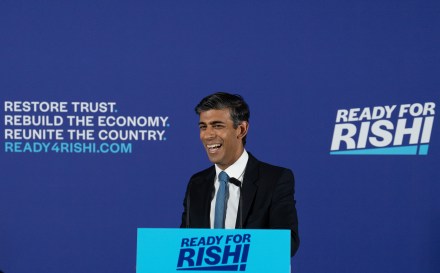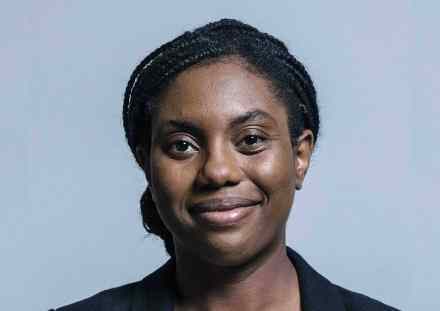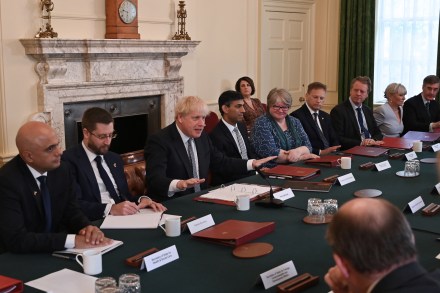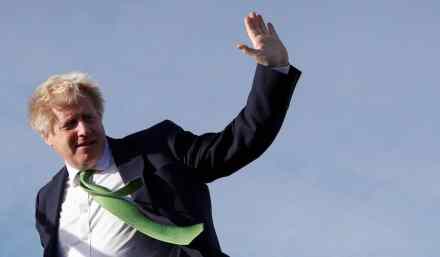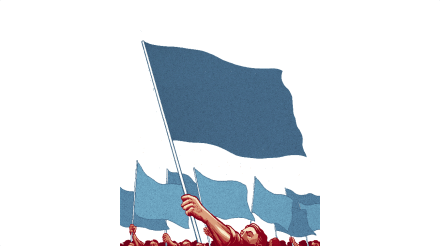Why Kwarteng’s next fiscal event will have to be brought forward
In a tetchy performance on The Andrew Neil Show, Tory party chair Jake Berry repeatedly insisted that everyone would have to wait until the Chancellor’s unveiling of his fiscal plan on 23 November to find out whether or not there would be spending cuts and when the government believes it will hit its 2.5 per cent growth target. Berry’s performance, which involved repeatedly trying to answer a different question to the one he was asked, made it even harder to believe that this line can hold. If every minister interviewed for the next six weeks sounded like Berry did just now, then it would be a disaster for the government. The sensible
